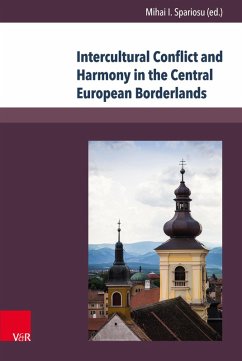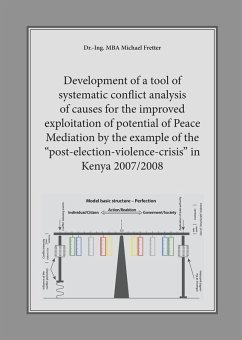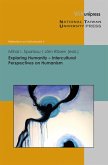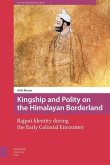This crossdisciplinary collection of essays combines qualitative and quantitative approaches to re-examine the most influential contemporary theories of intercultural relations and their application in various domains including historiography, sociology and cultural studies. A particular focus lies on Central Europe, historical Banat and Transylvania, but also on the current public policies toward ethnic and religious minorities as well as recent immigrants. It argues that much more complex approaches are needed, both historically and conceptually, in exploring intercultural relations. Thus, the political decision-making in East Central European countries and the European Union as a whole could benefit from a well-informed historical perspective by learning from the successes and errors of their predecessors.
Dieser Download kann aus rechtlichen Gründen nur mit Rechnungsadresse in A, B, BG, CY, CZ, D, DK, EW, E, FIN, F, GR, H, IRL, I, LT, L, LR, M, NL, PL, P, R, S, SLO, SK ausgeliefert werden.









